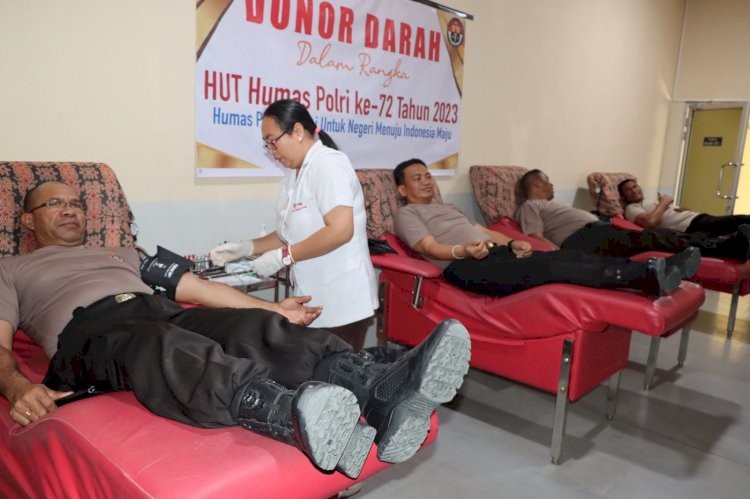Scuba diving can be an exotic and enriching activity, but for many, it can also be a therapeutic one.The weightlessness of a water environment allows individuals with a range of injuries or disabilities to exercise, relax, have fun, and gain confidence. Children and adults with challenges including traumatic brain injuries, amputation, spinal cord injuries, cerebral palsy, and blindness can enjoy the physical and psychological benefits of scuba diving.Diveheart, a nonprofit organization founded in 2001, trains thousands of volunteers and works with injured and disabled individuals across the world, in areas including the United States, Mexico,UK, Malaysia, Israel, Philippines and the Caribbean.As Darrell Young, a Vietnam veteran who is paraplegic as the result of a spinal cord injury, explains in a testimonial on the Diveheart website, “Diving gives me a high expectancy of myself. It gives me a goal to accomplish knowing that when it comes to the finish line it doesn’t matter how I finish my dive, but the feeling of strength I gain from diving,” he says.
Diveheart relies on volunteers and donations to help provide adaptive diving and scuba therapy experiences at no cost to the participants. Most of the initial training and first diving experiences occur in school or community pools. Participants don’t even need to know how to swim to benefit from therapeutic scuba diving, and the learning curve is almost immediate, according to Diveheart’s website details.Diveheart works to spread the word that diving is a real option with many benefits for the individuals affected with injuries and for the volunteers who get involved as “dive buddies.”
Tetap Terhubung Dengan Kami:
 Ikuti Kami
Ikuti Kami
 Subscribe
Subscribe
CATATAN REDAKSI: Apabila Ada Pihak Yang Merasa Dirugikan Dan /Atau Keberatan Dengan Penayangan Artikel Dan /Atau Berita Tersebut Diatas, Anda Dapat Mengirimkan Artikel Dan /Atau Berita Berisi Sanggahan Dan /Atau Koreksi Kepada Redaksi Kami Laporkan,
Sebagaimana Diatur Dalam Pasal (1) Ayat (11) Dan (12) Undang-Undang Nomor 40 Tahun 1999 Tentang Pers.










